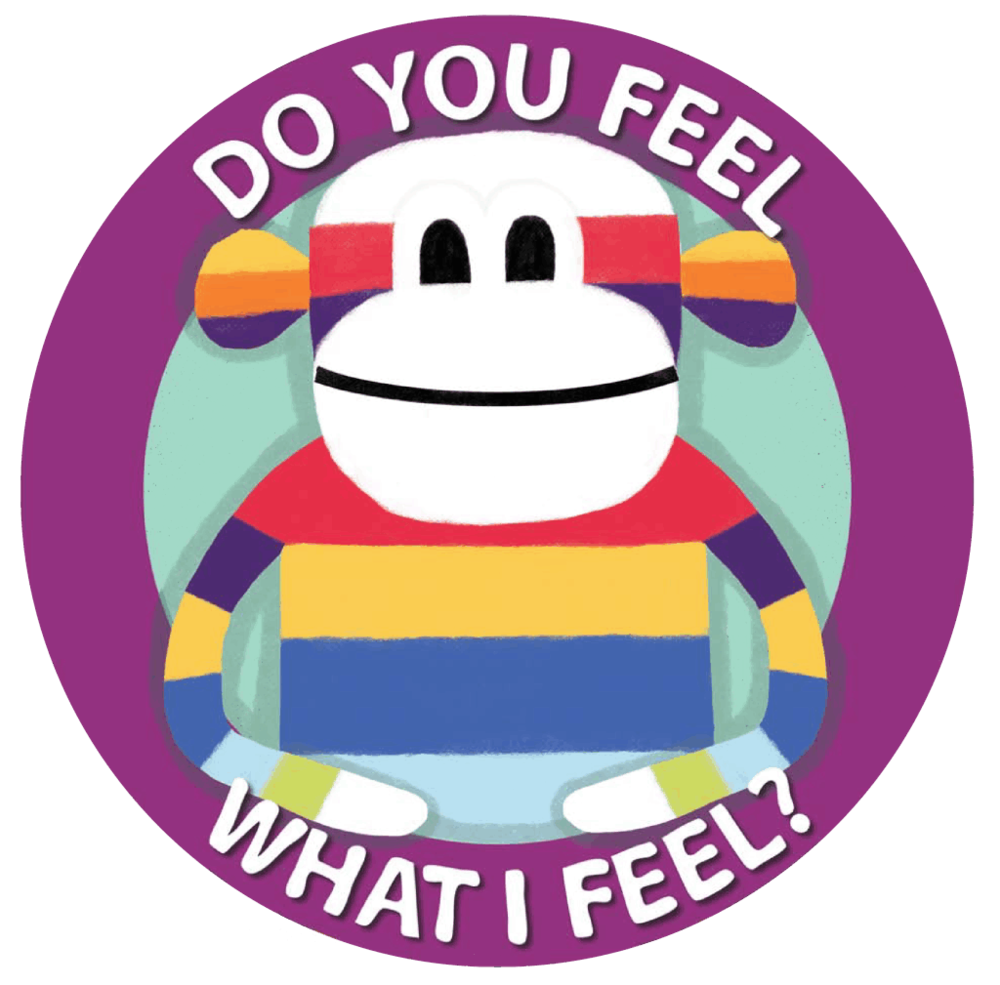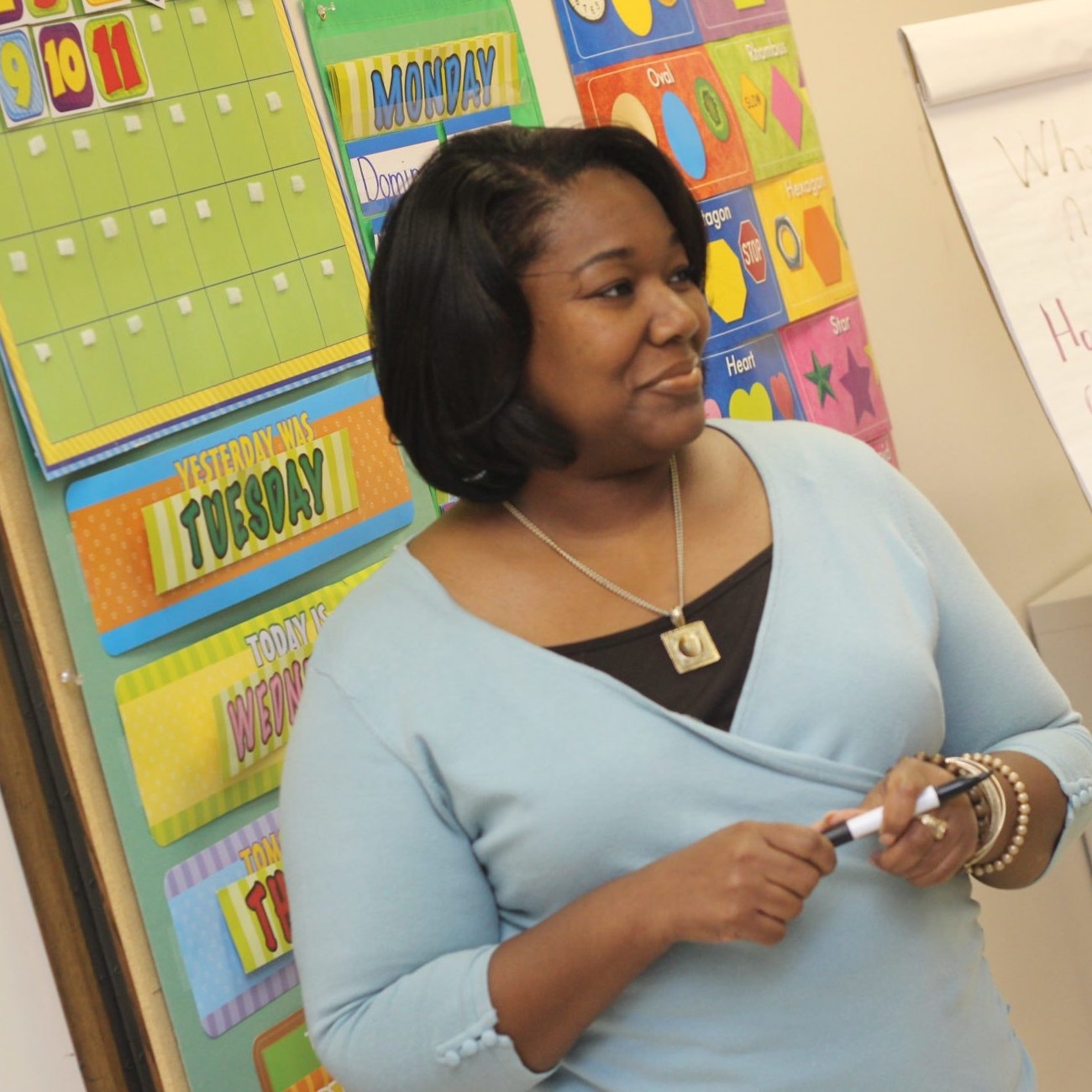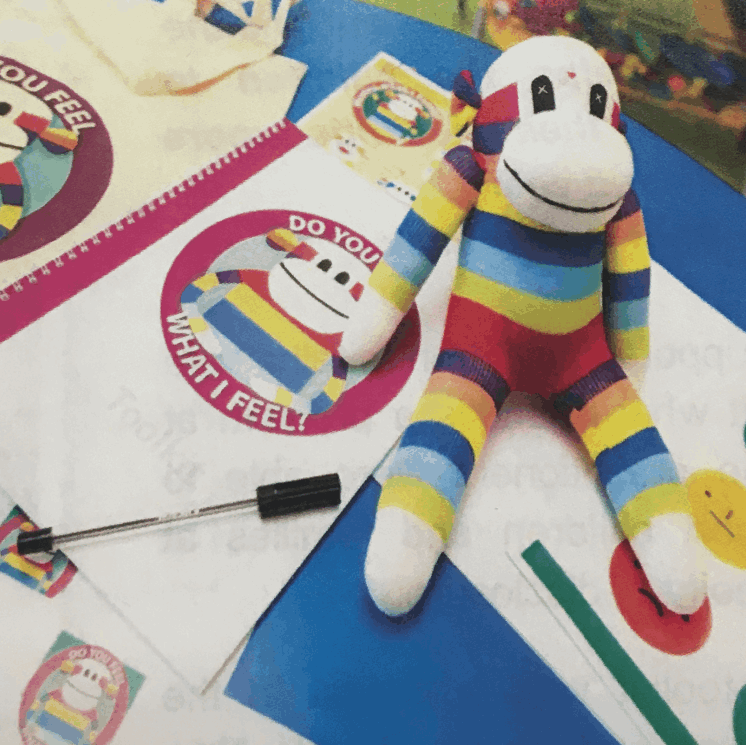Introducing Monkey Bob – the colourful character at the heart
of the Do You Feel What I Feel? toolkit.
Monkey Bob has been used successfully with parents and professionals alike to encourage children to engage with their feelings.
Take a look around the site now to find out how Monkey Bob can help the children you know.
This resource has been developed by My CWA - Cheshire Without Abuse.
Domestic violence & children
Domestic violence can have a profound effect on children. The impact on children’s physical, behavioural, emotional and social development can last a lifetime and the issue of domestic violence and children can be an incredibly difficult issue to tackle – for parents as well as professionals.
Play therapy and other counselling programmes can make a huge difference to the way children who have witnessed domestic violence learn to cope with what they’ve experienced. And that’s where Monkey Bob can help.
Monkey Bob: wishes & feelings
Most children need help to heal following trauma. And the ability to recognise and name emotions is one of the most important steps in that healing process.
A friendly, likeable character can help younger children to open up when they’re likely to be struggling with what they’re feeling inside.
Monkey Bob has been hugely successful in helping children across the UK to understand their wishes and feelings and express them to other people.
Early intervention is the single most effective way to help children who have encountered domestic abuse, which is why Monkey Bob is so important for anyone helping Early Years children to deal with their emotions at difficult times in their lives.
Talking to children about feelings
Talking to children about feelings can involve many different approaches, but we know that play therapy is one of the most successful ways of encouraging younger children to open up and express themselves.
Talking to children about feelings requires patience, calm and clarity. It’s not something that can be forced or rushed. Monkey Bob offers humour, familiarity, reassurance and comfort. He allows children to be children.
Being able to describe their own wishes and feelings doesn’t just help children to heal when they’re hurting. It can make a difference in family courts, schools and a wide range of different formal and social settings. It can help children to feel like they have a voice – and give them the confidence to speak up.












